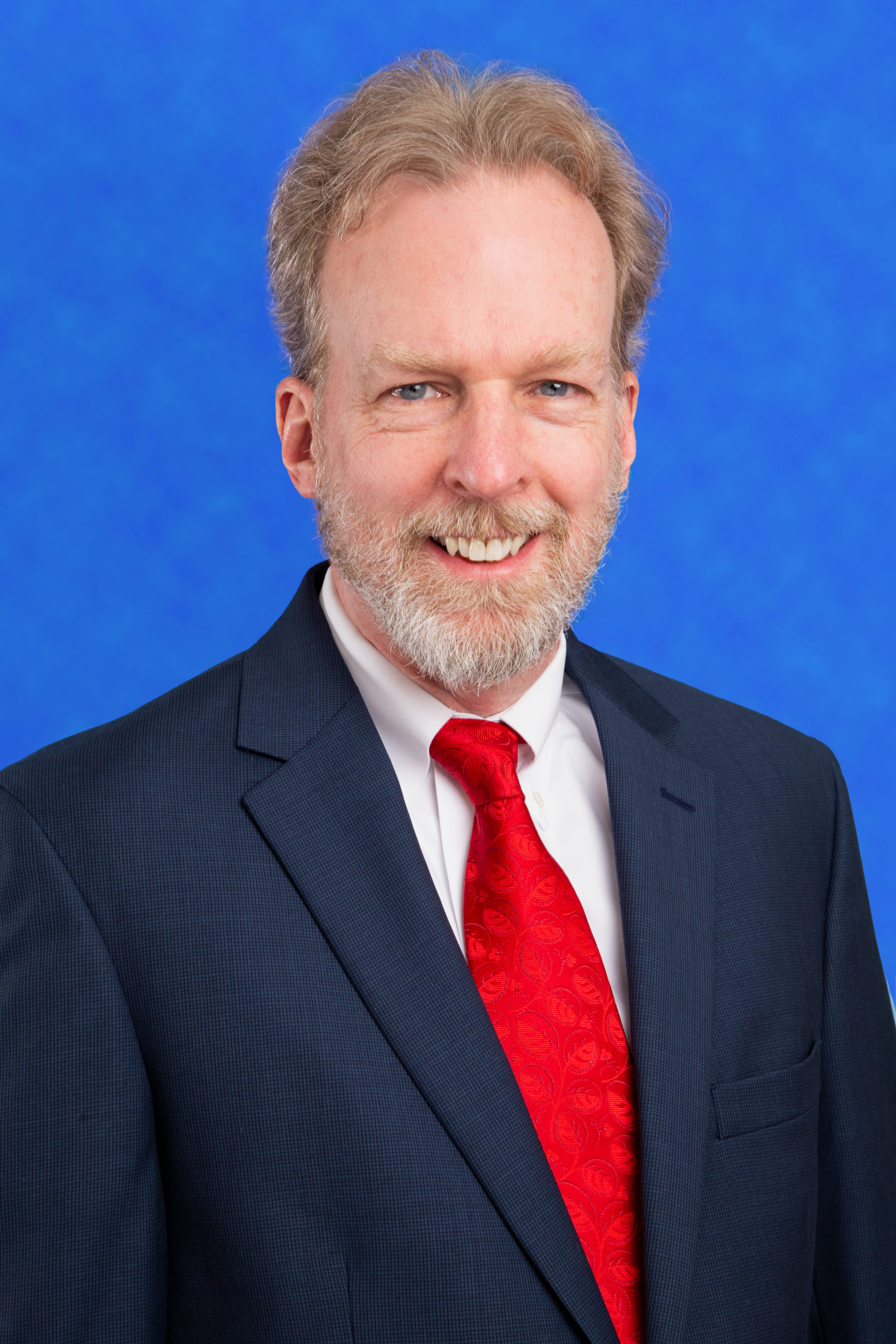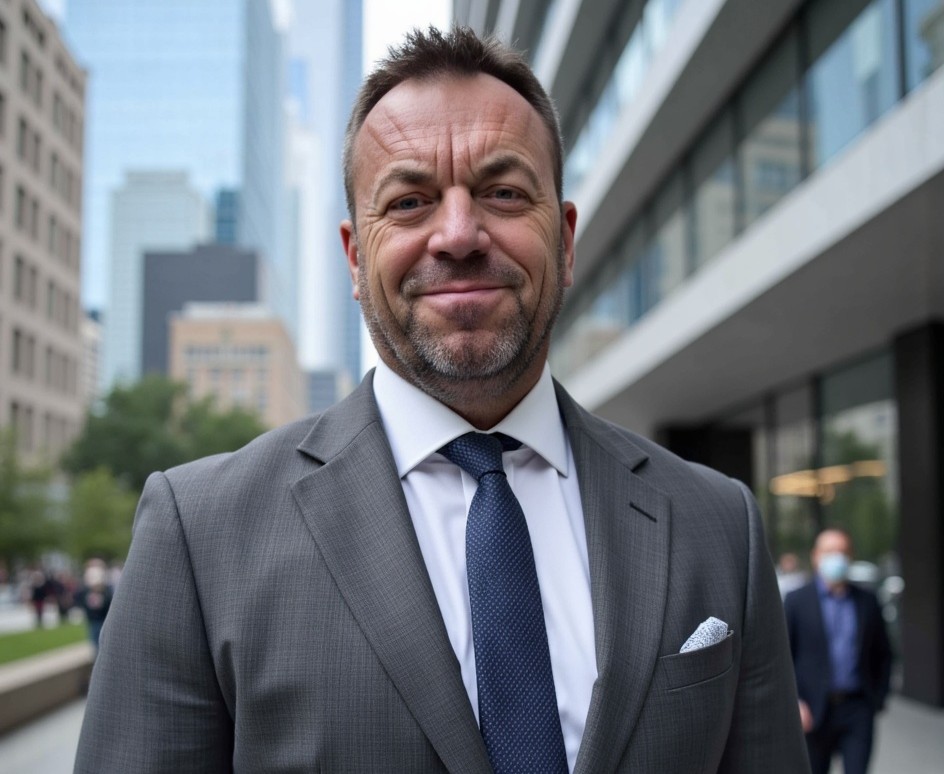Great American Insurance Company attorney Bill Wilson of the Mound Cotton law firm announced at a hearing in the Champlain Towers South Case that the insurer would tender its full policy limits and pay additional coverages totaling more than 30 million dollars. The catastrophe was on June 24 and the claims decision was announced only 22 days after the occurrence. While I have often criticized insurance claims executives for taking too long to investigate and come to a claims determination, Great American deserves a Bravo and resounding accolades for putting this claims determination to rest.
When I went to the Great American website, Aaron Latto, Senior Vice President, had a number of views he expressed in a question and answer session with Property Casualty 360 about Great American’s claims initiatives:
How are you using technology to improve the claims adjustment and approval process?
Great American is investing in data mining and predictive analytics to deliver best in class claims service and outcomes to our agents, policyholders and claimants. The goal is to leverage technology at key points in the claims process to make our specialist claims professionals even more effective. We are also using emerging technologies to respond more quickly to catastrophes, combining analytics with decades of investigative experience to better detect claims fraud, and working to engage artificial intelligence and machine learning to more quickly gather insights from millions of pages of claims documents.
How are you addressing the aging insurance workforce and the need to hire and retain new adjustors?
Attracting new talent to the claims profession means engaging prospective employees on the question: why build a career in insurance? We are posting a series of interviews with early career professionals who offer their perspectives on what brought them to insurance, and the aspects of their jobs that they find most interesting and challenging. It’s key to highlight insurance and claims as a career path that is personally and professionally rewarding.
We’ve had a hands-on claims trainee program for years. Now, we are moving trainees into an agile workspace to foster collaboration. We are also deepening our investment with a trainee graduate program that provides enhanced opportunities for early career claims professionals, creating a pool of more experienced talent who can accept key roles at an earlier stage.
Lastly, we foster networking opportunities across the organization. Our Bridges group assembles trainees and graduates from the Claims, Underwriting and Human Resources training programs to enhance cross-functional knowledge and networking across various roles and disciplines.
What do you see as the greatest challenge the claims industry will face in the next five years, and how is the industry addressing this issue?
The industry must keep up with its customers. The insurance industry has a 300-year-old business model, whereas the rest of the business world has undergone multiple transformations in that time. Our customers are moving fast – much faster in many respects than our industry is moving.
How does that present challenges for claims? It means that we must deliver rapid outcomes with greater transparency. In other words, how do we get to final payment faster and more openly? Our claims digital strategy aims to do just that. We are augmenting our specialist staff and unparalleled subject-matter knowledge with investments in technology and a customer-focused approach to our work, which is rooted in Lean business principles. This creates more value for customers with fewer resources and less waste.
But make no mistake – our employees’ expertise and passion to serve specialty niches will always play a key role in our claims philosophy. At Great American, we like to say that with expertise like this, “we live it,” and it’s hard to tell our people from our policyholders.
Insurance claims handling is a dynamic field. The policy forms are no longer very standard—at least you cannot expect them to be causing all adjusters to read the full policy. The technology to investigate claims and evaluate the value is driven by technologies often not in existence 25 years ago. Yet, are most adjusters able to make decisions and pay claims more quickly? Are most adjusters with insurance companies happier doing their jobs or are they being performance monitored by technology with managers often driven to make numbers rather than make good faith decisions on each claim as they stand.
We will be discussing these issues today on Tuesday @2 with Chip Merlin. Here is the link.
Thought For The Day
Some cause happiness wherever they go; others whenever they go.
—Oscar Wilde





